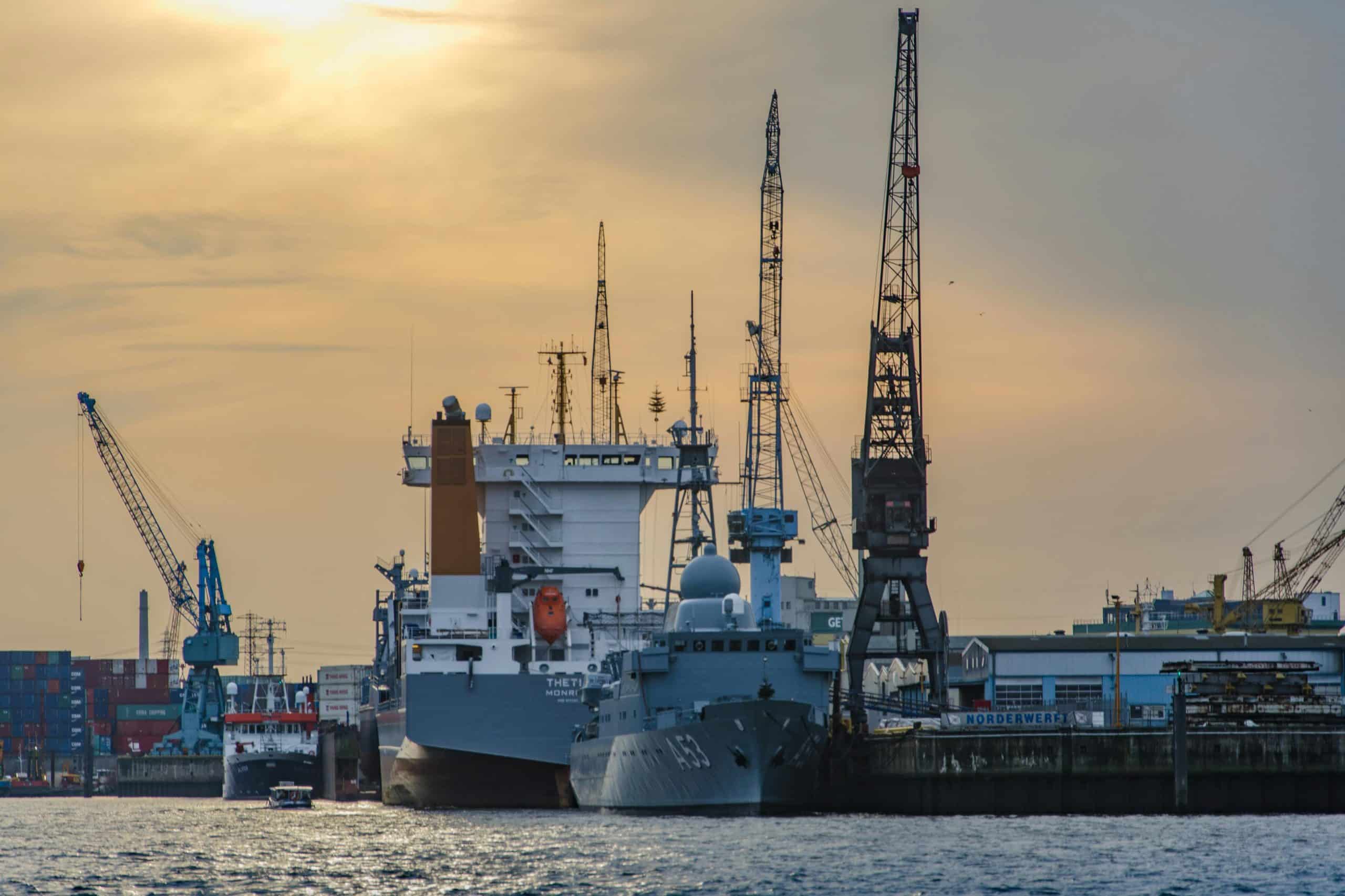What specific measures should a UK-based maritime consultancy take to comply with international maritime law?

The maritime sector, with its unique blend of international, marine and economic components, is a realm of complexity and fluidity. The international nature of maritime activities necessitates a high level of cooperation between countries to ensure the compliance with international maritime law. As a UK-based maritime consultancy, navigating the treacherous waters of international maritime law requires a comprehensive understanding of various regulations and conventions, including the International Maritime Organization (IMO) rules, shipping laws, marine data regulations, jurisdictional complexities, and financial compliance.
Deciphering the IMO and its conventions
The International Maritime Organization (IMO), a specialized agency of the United Nations, is the global standard-setting authority for the safety, security and environmental performance of international shipping. Its primary role is to create a regulatory framework for the shipping industry that is fair and effective, universally adopted, and universally implemented.
Lire également : How to ensure GDPR compliance when forming a UK company handling EU data?
In order to meet the IMO's regulations, a UK-based maritime consultancy must familiarize itself with the IMO's conventions, including the International Convention for the Safety of Life at Sea (SOLAS), the International Convention for the Prevention of Pollution from Ships (MARPOL), and the International Convention on Standards of Training, Certification and Watchkeeping for Seafarers (STCW). These conventions contain the comprehensive set of rules governing maritime safety, environmental protection, and the qualifications of seafarers. Knowledge of these conventions and their amendments is paramount for a maritime consultancy to provide sound advice and guidance to their clients and to ensure their own compliance with international maritime law.
Understanding Shipping Laws and Regulations
International shipping laws and regulations are another crucial area that a maritime consultancy must understand. Shipping laws cover a broad range of issues, including rules on maritime safety, cargo security, navigation, and pollution prevention. These laws, established and enforced by various international bodies, aim to ensure the safety of life and property at sea, to protect the marine environment, and to maintain the free flow of international trade.
Sujet a lire : What are the specific steps to obtain a Tier 1 Entrepreneur Visa for starting a UK business?
In addition to international laws and regulations, a UK-based maritime consultancy must also be aware of the domestic laws and regulations governing maritime activities in the countries where their clients operate. This requires a strong understanding of the jurisdictional complexities involved in international shipping and a robust network of local contacts in key maritime hubs.
Complying with Marine Data Regulations
In the era of digitalization, managing marine data has become an integral part of maritime operations. This includes data on ship movements, cargo information, weather conditions, and maritime safety and security incidents. Compliance with marine data regulations, therefore, is another critical aspect of international maritime law that a maritime consultancy must adhere to.
Marine data is governed by a variety of laws and regulations, both at the international and national levels. This includes rules on data protection, data privacy, and data sharing. A UK-based maritime consultancy must understand these regulations and implement robust data management systems to ensure compliance.
Navigating Jurisdictional Complexities
The maritime sector operates within a complex web of jurisdictional rules and regulations. These rules determine which country's laws apply in a given situation, and they can have significant implications for maritime operations.
A maritime consultancy must have a comprehensive understanding of jurisdictional issues, including the concept of flag state jurisdiction, port state control, and the legal status of international waters. This knowledge is essential for advising clients on their obligations under international maritime law and for ensuring the consultancy's own compliance with these laws.
Financial Compliance in the Maritime Sector
Financial compliance is another key aspect of international maritime law. This includes a wide range of issues, such as anti-money laundering (AML) rules, sanctions compliance, tax laws, and disclosure requirements.
A maritime consultancy must be aware of these financial regulations and advise their clients on how to comply with them. This requires a strong understanding of the financial regulatory landscape, including the latest updates and changes to international and national laws.
Implementing Efficient Dispute Resolution Mechanisms
In the intricate world of maritime operations, disputes are bound to occur, and when they do, having efficient and reliable dispute resolution mechanisms in place is crucial. Maritime consultancy firms play a key role in advising their clients on the necessary steps to be taken in case of disputes, and how to comply with international laws relating to dispute resolution.
Under international maritime law, disputes can arise due to multiple reasons, including disagreements over contract terms, issues of safety, environmental damage, jurisdiction, and many more. The United Nations Convention on the Law of the Sea (UNCLOS) provides for various dispute resolution mechanisms such as negotiation, mediation, arbitration, and adjudication by the International Tribunal for the Law of the Sea (ITLOS).
A UK-based maritime consultancy firm must ensure it is well-versed with the dispute resolution procedures set out by UNCLOS and ITLOS. This knowledge is integral in preparing for and navigating through the intricacies of maritime disputes. The consultancy should be able to guide its clients through the complexities of dispute resolution, by identifying the applicable laws and the relevant jurisdiction, and by advising on the most suitable resolution mechanism based on the specifics of the dispute.
Equally important is the understanding of the role of English courts in maritime disputes. Often, contracts include a clause that disputes will be resolved under English law, given its comprehensive and sophisticated approach to maritime law. Therefore, familiarity with English law and court procedures is indispensable for a maritime consultancy.
Adhering to EU and UK-specific Laws and Regulations
While it is essential to adhere to international maritime laws, UK-based maritime consultancy firms must also comply with local laws regulations. Following Brexit, the UK has its own set of maritime laws and regulations that are distinct from those of the European Union.
The UK's maritime legislation is primarily administered by the Maritime and Coastguard Agency (MCA) under the Department for Transport. The MCA's responsibilities encompass ship registration, the enforcement of merchant shipping laws, ensuring maritime security, and overseeing safety standards. As a maritime consultancy, understanding and adhering to these domestic regulations is as crucial as complying with international laws.
The consultancy must also be aware of the UK's financial sanctions regulations. The Office of Financial Sanctions Implementation (OFSI) in the UK Treasury enforces these sanctions, which include asset freezes, restrictions on financial markets and services, and directions to cease all dealings with a sanctioned individual or entity. Familiarity with these sanctions and the process of obtaining necessary licenses for sanctioned transactions is another vital aspect of compliance.
Conclusion
In conclusion, adhering to international maritime law is a multifaceted process that requires a thorough understanding of various aspects of law and regulations, starting from international conventions, shipping laws, marine data regulations, jurisdictional complexities, financial compliance to dispute resolution mechanisms, and local laws and regulations.
For a UK-based maritime consultancy, navigating these complex waters effectively necessitates a detailed understanding of the various laws and regulations enforced by bodies like the IMO, the United Nations, European Union, and local UK authorities.
By ensuring comprehensive compliance, maritime consultancies not only uphold international standards but also fortify their reputation, maintain client trust, and contribute to the overall safety, security, and smooth functioning of the global maritime sector.
